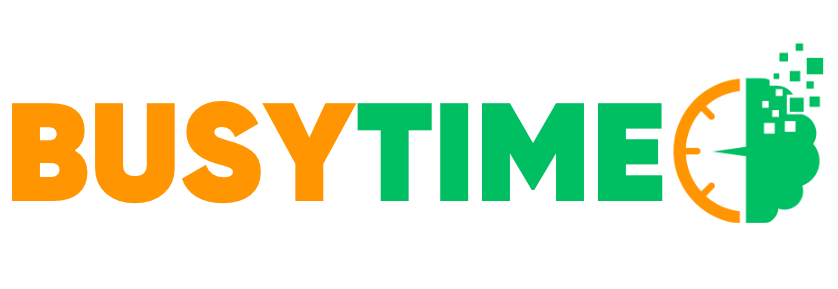Lifelong learning is the process of acquiring knowledge and skills throughout one’s life. It is essential for personal and professional growth, and it has numerous benefits. In this essay, we will discuss the importance of lifelong learning, the benefits of learning a new skill, ways to learn a new skill, overcoming barriers to lifelong learning, and examples of lifelong learning in action.
The Importance of Lifelong Learning
Lifelong learning is crucial for personal and professional growth. It helps individuals stay up-to-date with the latest advancements in their field of work or interest. It also improves cognitive functioning and mental health. Moreover, lifelong learning opens up new opportunities for career advancement and personal development. With the world changing at a rapid pace, it is becoming increasingly important to keep learning to adapt to these changes.
The Benefits of Learning a New Skill
Learning a new skill has cognitive, personal, and professional benefits. Cognitive benefits include improved memory, enhanced problem-solving skills, and increased creativity. Personal benefits include a boost in self-confidence, an increased sense of fulfillment, and improved mental health. Professional benefits include career advancement opportunities, increased marketability, and improved job performance.
Ways to Learn a New Skill
There are several ways to learn a new skill, including formal education, informal education, self-directed learning, and online learning. Formal education involves attending classes, earning degrees, and obtaining certifications. Informal education includes learning through experience, reading books, and attending workshops. Self-directed learning involves setting goals and working towards them, while online learning involves taking courses online.
Overcoming Barriers to Lifelong Learning
Barriers to lifelong learning can include lack of time, financial constraints, fear of failure, and lack of motivation. Overcoming these barriers can involve setting aside dedicated time for learning, seeking out affordable learning opportunities, reframing the fear of failure as a learning opportunity, and finding ways to stay motivated.
Examples of Lifelong Learning in Action
Examples of lifelong learning in action can include individuals pursuing new hobbies, professionals attending workshops and training sessions, and retirees learning new skills. These examples illustrate the diverse ways in which lifelong learning can be integrated into one’s life and the benefits that can be gained from it.
Conclusion
In conclusion, lifelong learning is important for personal and professional growth. Learning a new skill has cognitive, personal, and professional benefits. There are several ways to learn a new skill, and overcoming barriers to lifelong learning is possible. Examples of lifelong learning in action illustrate the benefits that can be gained from it. With the world changing at a rapid pace, lifelong learning has become increasingly important, and it is crucial to keep learning to adapt to these changes.





